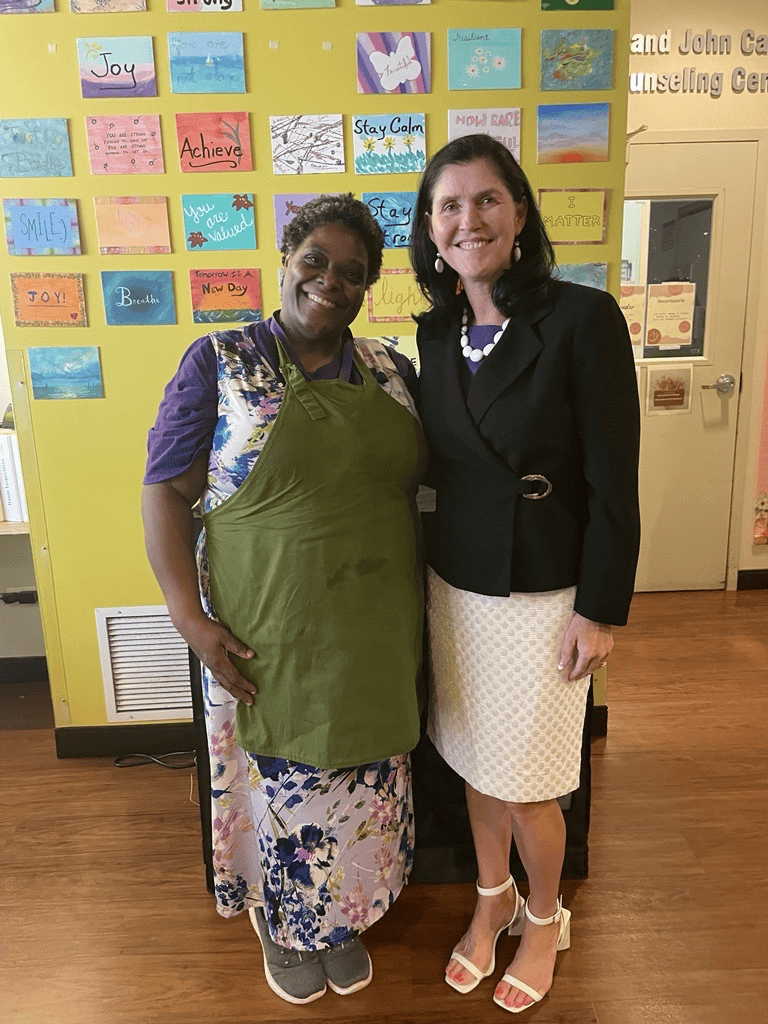
TRIGGER WARNING: This post includes a brief mention of childhood physical abuse and may be triggering to some readers.
“The person who tries to keep everyone happy often ends up feeling the loneliest.” ~Unknown
It’s Christmas morning. I’m seven years old. I sit on the hardwood floor with my sisters, in my nightgown surrounded by crumpled wrapping paper. I grab the next present to open. I tear off the paper. It’s a ballerina costume with a pink leotard, tutu, and pale pink tights.
As soon as I thank my adoptive parents, I leave the room with my new gift, keeping it hidden behind me. I get upstairs to my bedroom and stand in front of the mirror, rushing to get it out of the package and put it on, struggling to get the different fabrics to cooperate.
When I finally get it on my body, I run back downstairs with a big smile, excited to surprise everyone and maybe even earn some laughs. My heart races with excitement. I enter the living room. My adoptive parents look at me. I scan their faces for smiles. The smiles don’t come.
“What the hell did you do! You ain’t supposed to put it on yet!” Mom yells.
My heart’s beating loud. Why are they angry? I can’t understand the mean words my parents hurl at me. Dad gets up from his chair and attacks me. When he’s done, my face is hot and my hair disheveled. I hang my head and go back upstairs to my bedroom to change out of the costume. I look in the mirror at myself. ‘I’m so stupid.’ I think. I will never misread them again.
I was taken from my birthmother at ten months old and placed with foster parents who abused me, and despite this being common knowledge, they were allowed to adopt me.
Adoptees, even without abuse from adoptive parents, become experts at adapting. We know our family arrangement came to be because our birth parents weren’t up for the task of holding onto us; the reason doesn’t matter because children can only point inward. Beneath the surface, many adoptees carry an unconscious belief that sounds something like this:
“I am bad and unlovable. That is why I was not worth keeping the first time. If I can become whoever my adoptive parents want me to be, I will prevent being abandoned again.”
So, adoptees learn to bend and shift, careful not to incite disappointment or anger from their adoptive parents. For example, I didn’t dream of being a dancer as a child. I’d never taken a ballet class or even expressed an interest in it. So when I opened that costume on Christmas morning, I saw it as a clue. My eagerness to be a show pony in a ballet costume was an instinctual reaction because it meant earning a higher approval rating from my scary adoptive parents. But obviously, I read it all wrong.
This life-saving skill of adaptation permeates any relationship that poses a risk for leaving adoptees with a broken heart. It can become so pervasive that by the time adoptees enter adulthood, they’ve had little to no experience exploring their own needs, wants, or desires—because they’ve spent their entire lives becoming who the person in front of them wanted them to be.
My husband and I gave our daughter a “yes day” a couple of years ago, where she created a list of fun things to do, and within specific parameters, we had to say “yes.” This involved her choosing our outfits for the day, a trip to Dave and Busters, a silly string fight, designing specialty chocolates at the Goo Goo Cluster shop downtown, and a candy buffet for dinner. My husband and I delighted in her joy that day.
Later, when my daughter asked, “Mom, what would you want to do if you had a ‘yes day?’”
I felt a burning in my chest, realizing I couldn’t answer her. And when an idea did come, like seeing a concert or dining at a specific restaurant, I knew I’d feel guilty for asking the rest of my family to join me because it wasn’t their thing. My inability to tell my child what I like was a powerful teaching moment, and a call for change.
I began therapy in my early thirties, intent on resolving the thick layers of trauma and loss that created this barrier between the me that operated out of fear of abandonment, and my true self. Traditional talk therapy with a therapist specializing in trauma, EMDR, EEG neurofeedback, and accelerated resolution therapy slowly chipped away at that barrier. With every victory, I learn more about myself and feel more at ease in the world.
Resolving trauma is dissolving shame. For me, shame has kept me from knowing myself and focusing solely on the happiness of the people around me for fear of being left or in danger if I fail.
Loneliness is a consequence of being a chameleon who doesn’t know who she is. How can I expect genuine connection if I’m not allowing people to accept the real me? As a shame-filled person, I chose relationships with people who mirrored my low self-worth back to me. How can I expect genuine connection in relationships like that?
Authentic relationships are a natural consequence of dissolving shame. Being seen, loved, and accepted for our true selves is the antidote to loneliness.
For anyone out there who bends and shifts to maintain connection with the people they care about, ask yourself, “If I had a yes day, how would I spend it? Do the people in my life care enough about me to come along and delight in my joy?”
If that question feels uncomfortable—if the people who come to mind would groan, flake, or dismiss it—I see you. I’ve been there. But healing begins with allowing yourself to imagine something different. Imagine being surrounded by people who celebrate and cherish the real you. Imagine what it would feel like to be loved that way.
Because that kind of love is possible, and you deserve it.
About Kelly Jean Torres
Kelly Jean Torres is an author, essayist, and singer/songwriter in Nashville, TN. Her book, Saving The Lost Girl: A Memoir of Healing, was released this April. Visit her website to learn more:
https://kellyjeantorres.co/





